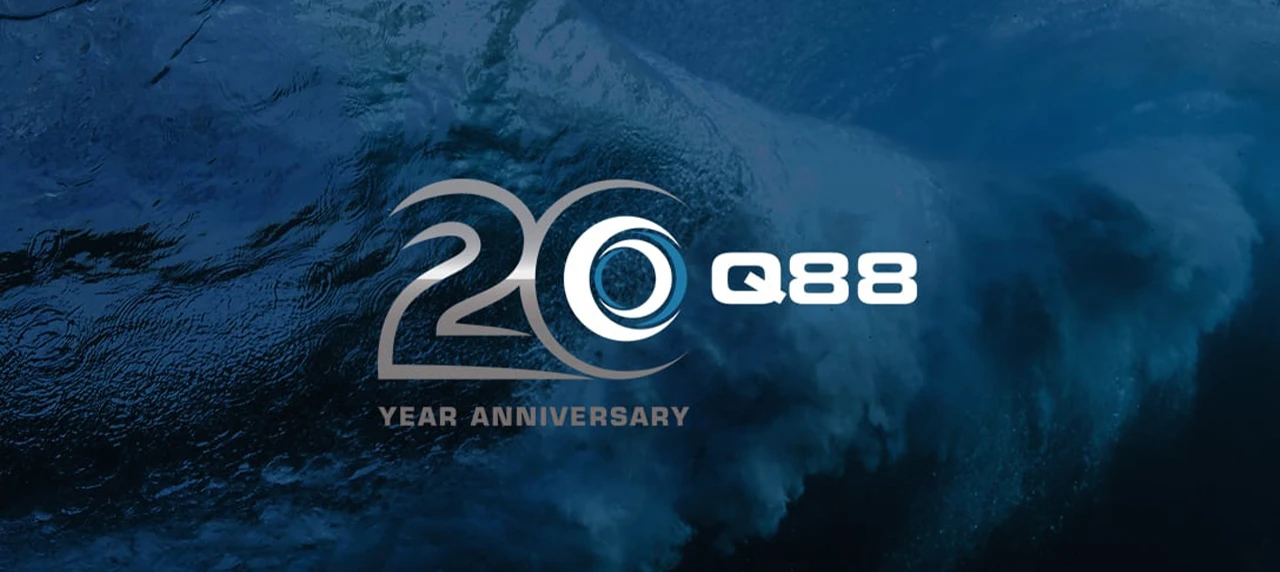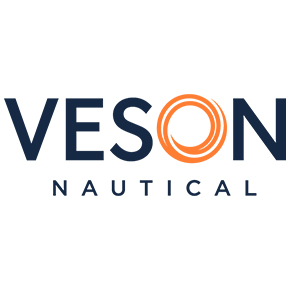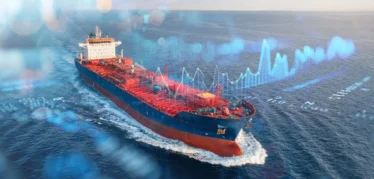It has been just about 20 years since I started trading ships. I began on the chemical side as a charterer, then as a broker for well over a decade, where I mainly covered crude in the Atlantic Basin. After that, I had the opportunity to work for a shipowner, also in the crude space, and I ended my time focusing on time charters and other projects. In 2018, I joined Q88 as the company entered the Position List space. This has been a great transition and experience, as I am able to leverage my ship trading experience to offer a better product for our users.
It sounds cliché, but the more things change, the more things stay the same. Yes, this business has come to rely on products and services that did not exist even just five years ago, but business is still conducted in the same fashion at its core. While there is a fear and somewhat of a threat that brokers would and could be replaced by online trading platforms, this has never come to fruition, and I personally do not think it will. Why? Despite our business being classified as B2B, or as one of my professors used to say, ‘big boys and girls doing business with other big boys’ and girls’, it comes down to expertise and relationships. Neither can be captured digitally, and both are traits that are enhanced by having someone in the middle, a broker.
I have always argued that despite this part of the business becoming digitalized, the brokers’ role remains crucial. There are many online (digital) functions that make the shipbroking process better, easier, and even faster; filling out a Q88 form online is easier for sure. However, there is a level of protection that a broker adds to both the charterer and owner that a machine cannot replace. Keeping experienced and savvy brokers in your corner gives the charterers and owners a level of protection that companies that have less experienced personnel may not be able to see.
Let me give you an example. At the start of my career, I was in the chemical chartering department for a large oil company and put a ship on subjects. On my way home, it hit me, “holy crap did I ask for stainless steel tanks that were needed?” I was sure I did not ask for it, so I called the broker, and he responded in confidence, “of course we got that in there, that product always needs stainless, and you did not need to ask me to do that, I know your business.” That broker at that moment proved his value by protecting a very green chartering guy, me! This layer of protection the broker provides, helps companies that are trying to break junior people in and don’t have the internal human resources to review every detail of every deal. This also applies to critical operational issues that arise at the most inconvenient time but require experience that the brokers’ operation team often provides.
Finally, when things go wrong, it’s nice to have someone in the middle. Without fail, both sides will disagree on an interpretation of a charter party clause that could be construed many ways, and they look to the broker to vent their frustrations to and take sides. This especially is when a broker will ‘earn their keep’ by offering a palatable solution to both sides and keep any long-standing relationship intact.
There is no doubt that digitization of some functions will make the process of trading more efficient – for example, our Position List platform that will ensure that you have a list ready to export and have access to numerous other tools to accelerate your business with the click of a button. And when we look at the industry at large, it seems that there are more and more tools or product claiming to help the chartering process. In a sea of noise like it was in the 2000’s dot com surge, I remain passionate and confident that the role of the broker, albeit changing, will not disappear. None of these products, new or ones that will inevitably come, will be able to provide that layer of protection and comfort afforded by the shipbroker that both owners and charterers enjoy.



 Antoine Grisay
Antoine Grisay
 Josh Luby
Josh Luby
 Bobby Morse
Bobby Morse